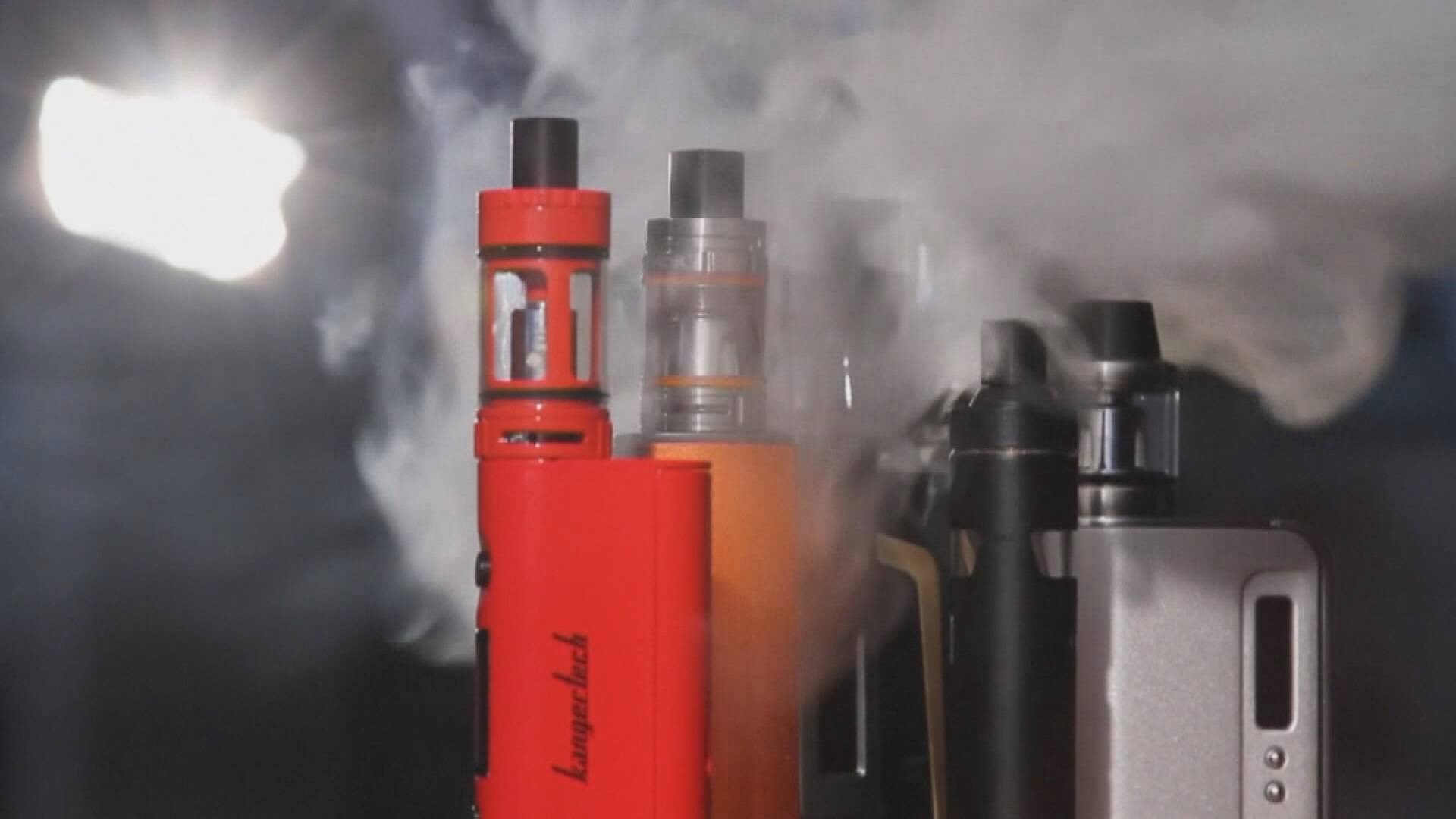San Francisco Moves to Ban CBD Vape Sales – First City in the U.S. to Enforce Citywide Vape Prohibition

In a landmark decision, the San Francisco Board of Supervisors voted unanimously to ban the sale of vaping products, including CBD vape pens and e-cigarettes, until they receive formal approval from the Food and Drug Administration (FDA). The legislation—which still requires a final vote—is expected to pass without opposition. This sweeping ordinance prohibits both in-store and online sales of vape products delivered within city limits, although traditional combustible cigarettes remain unaffected by the ban.
Critics, including public health expert Michael Siegel, argue that exempting cigarettes while banning vape products undermines efforts to reduce youth smoking. Siegel notes that a policy genuinely aimed at protecting teens wouldn’t leave cigars and tobacco on shelves unchecked.
According to the City Attorney, the law is a regulatory measure—not an outright ban on e-cigarettes. Under the new policy, any tobacco or CBD product that requires FDA review will be barred from sale in San Francisco until it receives market authorization.
Due to the steep financial burden of obtaining FDA premarket tobacco application (PMTA) approval, most CBD vape manufacturers are unlikely to seek certification. The agency has yet to issue final PMTA guidelines, despite announcing the requirement over three years ago.
The decision is largely seen as a response to the rising popularity of JUUL and the growing concerns over teen vaping trends. Yet, the impact on JUUL may be minimal—shortly before the ban, the company invested $400 million in a 28-story office building in San Francisco, reaffirming its commitment to remain headquartered in the city.
 In an effort to overturn the legislation, JUUL has initiated a ballot measure that, if passed by voters, could reinstate CBD vape sales in San Francisco before the ban takes effect. Opponents argue this is a classic Big Tobacco tactic, cloaked in public relations spin. Supporters of the ban, including Supervisor Shamann Walton, counter that e-cigarettes are simply a modern rebranding of the tobacco industry’s harmful legacy.
In an effort to overturn the legislation, JUUL has initiated a ballot measure that, if passed by voters, could reinstate CBD vape sales in San Francisco before the ban takes effect. Opponents argue this is a classic Big Tobacco tactic, cloaked in public relations spin. Supporters of the ban, including Supervisor Shamann Walton, counter that e-cigarettes are simply a modern rebranding of the tobacco industry’s harmful legacy.
This local battle reflects a larger statewide trend in California, where multiple cities—such as Beverly Hills—have enacted bans on flavored vape products, citing youth protection. Yet, critics contend these policies may inadvertently drive consumers back to smoking cigarettes by removing safer alternatives from the market.